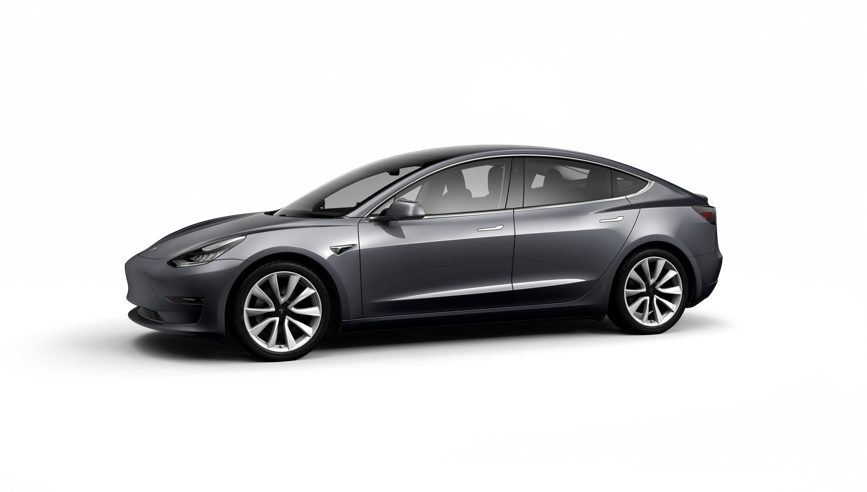As the specter of a US ban looms large over TikTok, the popular social media platform has declared its intention to wage a legal battle against potential legislation that could force its Chinese-owned parent company, ByteDance Ltd., to divest its ownership stake in the app.
In what amounts to a fight for its very existence in one of its most crucial markets, TikTok is gearing up for a high-stakes showdown in the courts.
The alarm bells were sounded within TikTok’s ranks as Michael Beckerman, the company’s head of public policy for the Americas, issued a rallying cry to its US staff.
In a memo obtained by Bloomberg News, Beckerman characterized the proposed legislation as an “unprecedented deal” brokered between Republican Speaker and President Biden, signaling TikTok’s readiness to challenge it legally once signed into law.
“This is an unprecedented deal worked out between the Republican Speaker and President Biden,” Beckerman stated in the memo. “At the stage that the bill is signed, we will move to the courts for a legal challenge.”
The urgency of TikTok’s response stems from recent developments in the US Congress, where lawmakers have fast-tracked legislation mandating ByteDance’s divestment from TikTok.
The bill, intricately linked to a vital aid package for Ukraine and Israel, has garnered significant bipartisan support and is expected to swiftly pass through the Senate before landing on President Biden’s desk.
Beckerman minced no words in his critique of the proposed legislation, labeling it a “clear violation” of TikTok users’ First Amendment rights and warning of “devastating consequences” for the millions of small businesses that rely on the platform for their livelihoods.
TikTok’s defiant stance reflects the gravity of the situation facing the tech giant, which has spent years grappling with concerns from US officials regarding potential national security risks associated with its Chinese ownership.
Despite extensive lobbying efforts led by TikTok CEO Shou Chew to allay these fears, the company now finds itself at a critical juncture, where legal action appears to be its last line of defense.
ByteDance, TikTok’s Beijing-based parent company, has also signaled its intent to challenge any US ban in court, signaling a united front in the face of mounting pressure.
However, navigating the legal landscape will not be without its challenges, as ByteDance must contend with both US legislative measures and potential obstacles posed by the Chinese government, which has reiterated its opposition to a forced sale of TikTok.
As TikTok prepares to embark on what promises to be a protracted legal battle, the outcome remains uncertain.
For the millions of users and businesses that call TikTok home, the stakes have never been higher, as the platform fights to preserve its presence in the fiercely competitive landscape of social media.


 Forex2 weeks ago
Forex2 weeks ago


 Naira2 weeks ago
Naira2 weeks ago
 Billionaire Watch2 weeks ago
Billionaire Watch2 weeks ago




 Naira2 weeks ago
Naira2 weeks ago




 Naira2 weeks ago
Naira2 weeks ago




 Naira4 weeks ago
Naira4 weeks ago


 Naira6 days ago
Naira6 days ago
 Banking Sector4 weeks ago
Banking Sector4 weeks ago





















